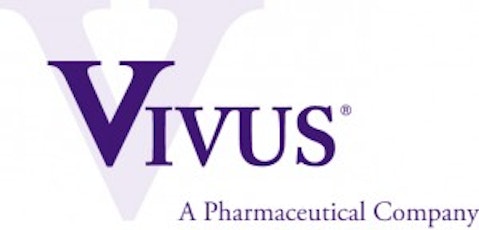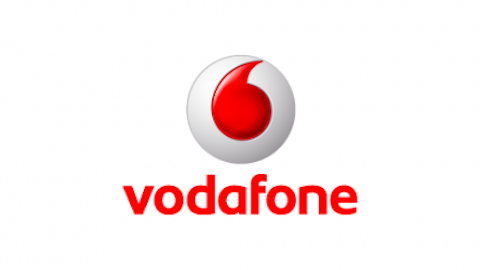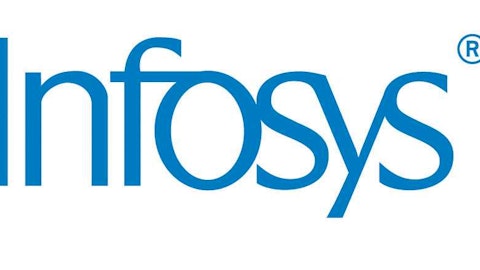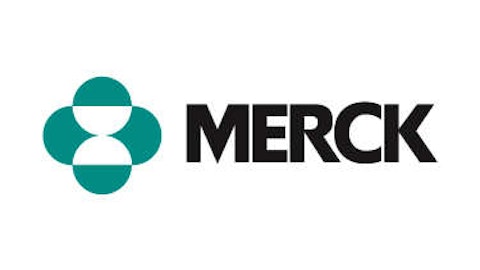
Like many small biotech firms that focus on developing and marketing experimental or advanced drugs, VIVUS has had a volatile run over the past few years. After several quarters in the doghouse, VIVUS, Inc. (NASDAQ:VVUS) may finally be benefiting from a promising pipeline and could even become an acquisition target at some point in the future.
Moreover, the firm has continued to attract the attention of activist investors. With Sarissa’s chief investment officer looking to snag a spot on VIVUS’ board, some big changes could be on the way. Investors who wish to take advantage of this potentially profitable opportunity may wish to take a closer look at the company’s fundamentals.
Stacking VIVUS against the competition
As a small-scale biotechnology company with big plans, VIVUS, Inc. (NASDAQ:VVUS) competes against obscure and recognizable firms alike. Despite its relatively paltry $1.5 billion market capitalization, VIVUS enjoys such rarefied company as Eli Lilly & Co. (NYSE:LLY) and GlaxoSmithKline plc (NYSE:GSK). This is partially due to the fact that its most promising drugs and compounds are designed to fight common medical conditions like obesity and adult diabetes. Unlike its smaller and riskier peers, VIVUS avoids rare-disease drugs that can be extremely profitable but have limited marketability.
Eli Lilly & Co. (NYSE:LLY) and GlaxoSmithKline plc (NYSE:GSK) have market capitalization of about $59 billion and $128 billion, respectively. Relative to VIVUS, Inc. (NASDAQ:VVUS), they are also extremely profitable. Compared to VIVUS’ operating margin of minus 2850%, Glaxo reported a profit margin of about 16%. Lilly’s margin came in at nearly 20.5%. In some respects, comparing the companies on these metrics is unfair. Despite a promising pipeline, VIVUS is yet to market a blockbuster drug. In 2012, the company lost about $175 million on revenue of just over $6 million. Glaxo earned $14.5 billion on $42.2 billion in revenue, and Eli Lilly & Co. (NYSE:LLY) reported a take of $4.6 billion on revenue of $22.6 billion.
As might be expected, the companies’ balance sheets also vary wildly. VIVUS, Inc. (NASDAQ:VVUS) maintains a cash reserve of about $150 million and reported no debt in the most recent quarter. However, its cash bleed of $180 million may soon pose a problem. By comparison, Eli Lilly & Co. (NYSE:LLY) has about $1 in debt for every $1 in cash on hand. Glaxo has about five times as much debt as cash. Both of these companies have cash flow figures that match or exceed their total cash reserves.
Sarissa Capital Management’s stake
Sarissa accumulated its stake in VIVUS relatively quickly. According to the company’s filing, the acquisition came between late March and late May 2013. Although the stake itself is not particularly large, it is noteworthy because of its association with activist First Manhattan Company. This hedge fund owns about 10% of VIVUS and has actively pursued a shakeup of the company’s board. Its close alliance with Sarissa principal Alex Denner all but guarantees that Sarissa’s shares will vote in lockstep with First Manhattan’s. As such, it can be said that the Sarissa stake boosts First Manhattan’s total stake in the company to about 12%.
Other interesting moves
The announcement of Sarissa’s stake comes on the heels of First Manhattan’s nomination of Dr. Denner to VIVUS, Inc. (NASDAQ:VVUS)’ board of directors. Denner is just one component of First Manhattan’s preferred slate of directors, and all of the parties involved are eagerly anticipating the mid-July shareholder meeting that will decide its fate. VIVUS’ current management team vigorously opposes First Manhattan’s slate and has repeatedly rebuffed its attempts to secure greater control of the company’s decision-making processes.
Promising pipeline and acquisition noises
One of the key issues at hand concerns Qsymia, a promising obesity drug that may also earn approval as a treatment for diabetes and sleep apnea. Against First Manhattan’s wishes, VIVUS, Inc. (NASDAQ:VVUS) chose to launch Qsymia without the aid of a larger pharmaceutical firm that could provide distribution and doctor-outreach assistance. As such, the drug has not yet enjoyed the success that many expected of it. In fact, some observers have noted that the drug’s prescription base would need to increase by a factor of 10 in order to support VIVUS’ current stock price.
Given the low likelihood that this will occur in the absence of a larger partner, First Manhattan has aggressively advocated for the sale of VIVUS, Inc. (NASDAQ:VVUS). While no buyers have yet stepped forward, many market-watchers believe that a buyout bid is on the horizon. The likelihood of this will increase with the election of First Manhattan’s preferred slate of directors.
Long-term outlook: Invest or stay away?
During the run-up to the July 15 shareholder vote, it is likely that VIVUS will see increased volatility. If First Manhattan’s slate of candidates are elected, new investors may well pile into the company on the expectation that it will seek outside help to market Qsymia or submit to a takeover bid. In either case, long-term investors could be rewarded for their patience.
On the other hand, short-side traders might benefit from an unsuccessful vote. However, this fluid situation defies easy categorization. Investors who wish to benefit from it would do well to assess their own risk appetites and ensure that they are comfortable with sustained levels of volatility.
Mike Thiessen has no position in any stocks mentioned. The Motley Fool has no position in any of the stocks mentioned.
The article Sarissa’s Stake in VIVUS Points to Renewed Interest in the Company originally appeared on Fool.com.
Mike is a member of The Motley Fool Blog Network — entries represent the personal opinion of the blogger and are not formally edited.
Copyright © 1995 – 2013 The Motley Fool, LLC. All rights reserved. The Motley Fool has a disclosure policy.





